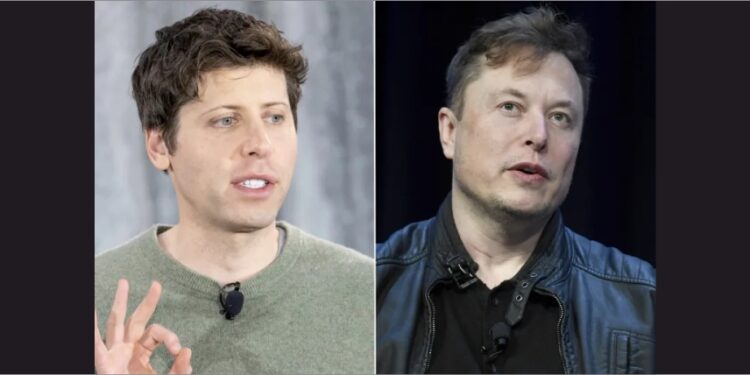Early in 2018, Elon Musk tried to take over OpenAI, the company that made ChatGPT, but Sam Altman and the other founders of OpenAI said no.
Semafor says that Musk left the company and backed out of a huge donation he had planned. Musk told Altman that he thought the “venture had fallen so far behind Google that it would never catch up
But the CEO of Twitter couldn’t get the people who started OpenAI to take over the company that made the AI chatbot ChatGPT. When Musk left SpaceX, he quit as a member of its board in 2018, saying that his work at Tesla made it impossible for him to do both.
A Semafor report says he also broke his promise to give $1 billion in funding by only giving $100 million before he left. OpenAI “couldn’t pay the astronomically high costs of training AI models on supercomputers.” OpenAI said in March 2019 that it was doing business to get enough money to pay for the computer power. “We want to be able to raise more money while still fulfilling our mission, and we don’t know of any existing legal structure that strikes the right balance,” the company wrote. The paid Blue service of Twitter, owned by Elon Musk, only brings in $11 million in three months.
Less than six months later, Microsoft put $1 billion into OpenAI; the rest is history. They built a supercomputer to train huge models to make ChatGPT and DALL-E, a programme that makes pictures.
GPT-4, the most recent language model, has 1 trillion parameters. Musk has now questioned how a non-profit turned into a $30 billion company that makes the most money it can for the tech giant Satya Nadella.
“I’m still not sure how a non-profit I gave $100 million to turn into a for-profit with a $30 billion market cap. “If it’s legal, why doesn’t everyone do it?” He joked.
Musk has also cut off access to Twitter’s database for OpenAI. The AI chatbot ChatGPT has become very popular, and Microsoft has put $10 billion into it to make it more useful in many fields.















 The Inc Media is one of the most renowned global Online Business Magazines, that carries news stories about entrepreneurship, small business management, and business. Being a global business magazine, we carve for influential stories and try to take them globally to uplift the business standards and educate the people about new innovations in the business world...
The Inc Media is one of the most renowned global Online Business Magazines, that carries news stories about entrepreneurship, small business management, and business. Being a global business magazine, we carve for influential stories and try to take them globally to uplift the business standards and educate the people about new innovations in the business world...